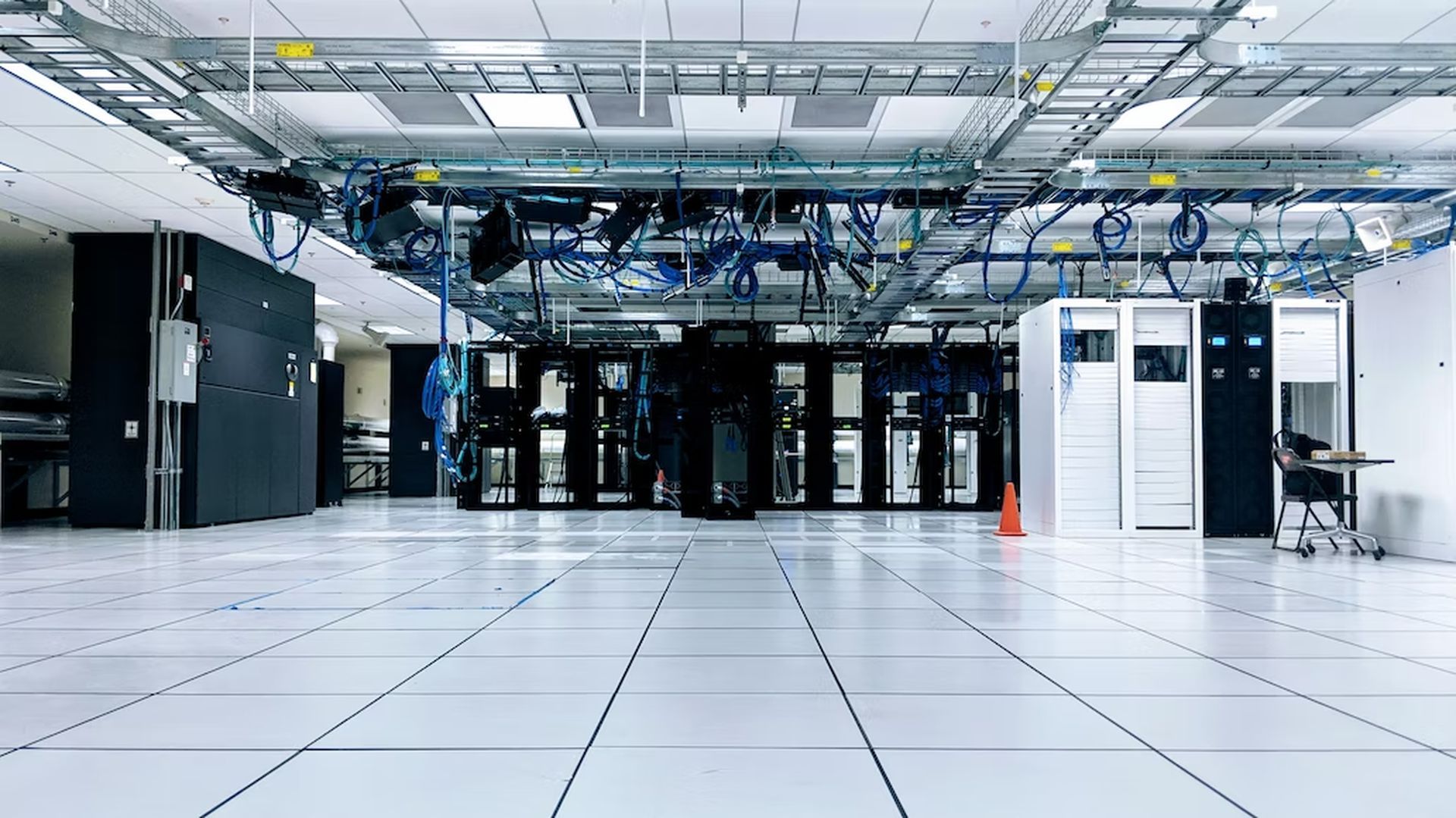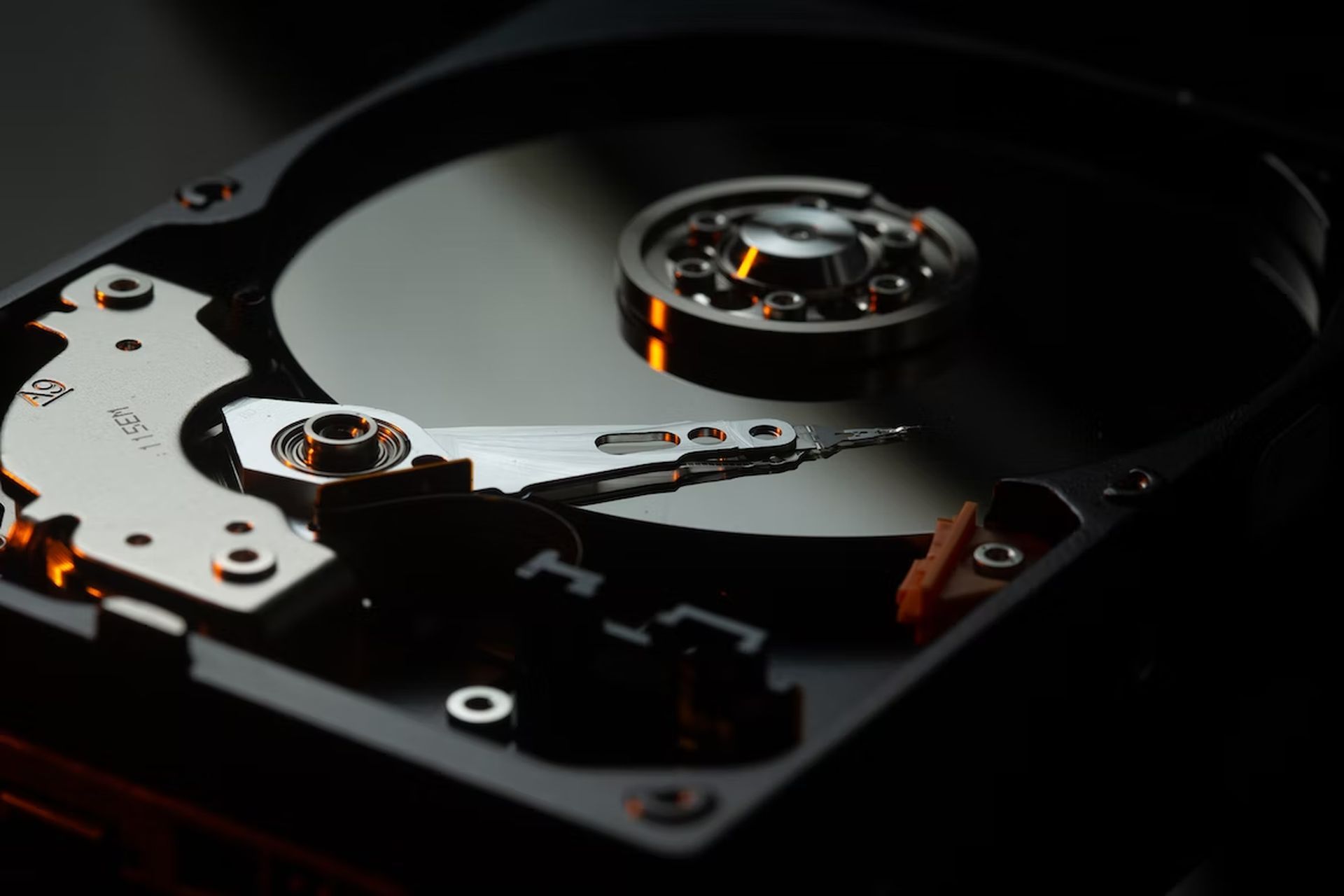What does a data engineer do? We hear this question more and more these days. Autumn is here and college students are working on their new career goals and dreams. We have discussed countless times how important data science is. Data is the new gold today, and “goldsmiths” are needed in almost every industry.
The demand for data engineers has grown significantly in recent years. According to a Dice analysis, there were 15% more job advertisements for data engineers between Q1 2021 and Q2 2021 than there were in Q1 2019.

A data engineer can help you solve issues, experiment with huge datasets, and recognize patterns in our universe in addition to being in high demand. Consider a career in data engineering if you’re a student or professional wishing to transition into a technology-related field.
A helping hand: Enterprise SEO tools are crucial for data analytics
We’ve assembled the duties and responsibilities of data engineers, the tools they use, and what you need to get started as a data engineer to assist you in understanding the requirements of a data engineer. Now let’s discuss what does a data engineer do in further detail.
What does a data engineer do?
The design, maintenance, and optimization of the data infrastructure for data collection, management, transformation, and access fall under the purview of data engineers. They are in charge of developing the pipelines that transform unprocessed data into formats that data scientists and other users of the data can use.
Data engineers employ software engineering principles to create algorithms that automate the data flow process, which is the basic data part of both software engineering and data science. You can more about this process by looking into our article called “Streamlining a machine learning process flow: Planning is the key.” Along with building machine learning and analytics infrastructure, they also work with data scientists to test and deploy it.

Data engineers help businesses organize and access their data quickly and flexibly while also providing the infrastructure necessary for teams to produce excellent insights and analytics from that data.
The format or structure that is best for storing data for an application is frequently not the best for data science, reporting, or analytics. As an illustration, your application might need to support one million simultaneous queries for individual records. However, your data science team may occasionally need to access billions of records. The solutions to the issues in both instances will differ, and this is where data engineers might be useful.
A data engineer’s main duty is to make sure that data is readily available, safe, and accessible to stakeholders at all times. The two basic kinds of data engineering duties are entry-level and senior.
What does a data engineer do: Entry-level data engineer job description
Engineers who construct, maintain, and enhance data pipelines are known as data engineers. They specialize in large-scale data processing and storage solutions and design systems to mine and acquire data.

Unlike data scientists, who create algorithms to evaluate data and find business answers. The data scientist and the data they will study are connected by data engineers. Data scientists wouldn’t be able to do their jobs without the data engineer.
What does a data engineer do: Senior data engineer job description
The senior data engineer is in charge of supervising junior data engineers’ tasks and assisting in the development of the organization’s data collecting and processing pipelines. The senior data engineer’s job is to create and maintain data pipelines that are highly available and optimized, and enable the data and analytics department to perform more in-depth analysis and reporting.

A senior data engineer creates data processing frameworks to manage the expanding database of the company. He collaborates with senior data science leadership and other Data and analytics teams to use reporting and scientific technologies like Tableau, R, and Spark to make use of data. The senior data engineer consistently works to hone new and enhanced data engineering skills.
Are data engineers in demand in 2022?
So yeah, now you know what does a data engineer do. But is this profession in demand?
Hot and on the rise: Data engineer jobs
Data engineering combines technological know-how, commercial knowledge, and creativity with the aim of assisting businesses in extracting useful insights from their data. A recent Dice study found that there is strong demand for the position.

According to the survey, the number of available opportunities in the field of data engineering is expected to increase by 50% annually, making it one of the fastest-growing professions in technology. Numerous talents are needed for the industry, including consulting, database design, programming, and statistical analysis.
Data engineer salary
Behind only the UK, Germany has the second-largest labor market in Europe for software developers and other IT experts. What is the typical data engineer wage in Germany, a country with relatively high salaries and a shortage of tech skills in comparison to demand?

Most candidates are asked about their expected compensation at the outset of the hiring process. Although it’s natural to imagine that employers would prefer to offer applicants lowball salaries, our research shows that in Europe, the median remuneration offered is higher than the median projected income. While the proposed salary often ranges from €63k to €60k, the expected compensation rounds to approximately €60k.
According to the employment website Stepstone.de, the average yearly income for data engineers in Germany is €50,600, or €4217 per month. At the lower end of the scale for more entry-level employment, according to Stepstone, data engineer wages are between €43,700 (or €3642 per month) and €61,400 (or €5117 per month).

A data engineer in the United States earns an estimated $110,509 in total compensation annually, with an average income of $93,591. These figures show the median, or the midpoint of the ranges, from our unique Total Pay Estimate methodology, which is based on data about wages gathered from our users. The expected annual increase in wages is $16,919 cash bonuses, commissions, tips, and profit sharing are all possible forms of additional compensation.
Enterprises, caution your “data in motion”
How to become a data engineer?
Now you can relate to what does a data engineer do, but if you want to be a data engineer, money is something you also should consider. You can start or enhance your career in data engineering with the appropriate skills and knowledge. A bachelor’s degree in computer science or a closely related subject is common among data engineers. You may lay the groundwork for the information you’ll need in this rapidly changing sector by acquiring a degree.

For the chance to expand your career and open doors to opportunities with possibly greater salaries, think about getting a master’s degree. You can take several different actions in addition to getting a degree to position yourself for success.
How can I become a data engineer without a degree?
Yes, technically, you may become a data engineer without a BSc (because it’s more about the skills), but it’s best to have a degree in data engineering or a related discipline for the simple reason that for most employers, a degree is an assurance that you have some academic foundation in the topic.
If you don’t have a degree, you must start from the very beginning. You need a solid foundation in computer science to navigate the field of data engineering with ease. Start with the programming language for computers. A data engineer must have a solid understanding of mathematics.

Study programming in Python and a database query language such as SQL. Data engineering requires a solid understanding of data structures and algorithms.
These made up data engineering’s foundation. Once you have mastered them, it is time to switch to more specialized tasks.
What skills does a data engineer need?
Data engineering specialists handle a wide range of activities, from designing, developing, constructing, and managing data pipelines to gathering raw data from diverse sources and guaranteeing performance improvement. They should be familiar with big data frameworks, databases, setting up data infrastructure, containers, and other topics.
Data engineer skills
You might be asking what qualifications you need to succeed if you’re thinking about a career in data engineering. The abilities you’ll utilize most frequently in your career as a data engineer are listed below.

In terms of the areas you wish to gain knowledge or expertise in, these topics are what you might refer to as a data engineer’s toolset, but data engineers should have experience dabbling in all of them. Now let’s review some of the most important skills a data engineer needs.
Coding
The majority of data engineering professions demand coding expertise, which is a highly desired talent. Many companies demand that applicants have at least a fundamental understanding of programming languages like:
- Python
- Golang
- Ruby
- Java
- SAS
- R
- MatLab
- C and C++
- Perl
- Scala

Data warehousing
The task of storing and interpreting an enormous amount of data falls to data engineers. Because of this, having knowledge of and expertise using data warehousing tools like Panoply or Redshift is crucial in a data engineering profession.

Expertise in operating systems
In-depth knowledge of operating systems, including Apple macOS, Microsoft Windows, Linux, Solaris, and UNIX, is essential for data engineers.

Database management
Database management should be a specialty of data engineers. Learning Structured Query Language (SQL) in-depth is quite beneficial in this industry because it is thought to be the most generally utilized option. A database coding language called SQL is used to extract and manage data from tables. However, if you intend to undertake freelance data engineering, you should also learn about other database options like Bigtable or Cassandra.

Machine learning
Although data scientists are primarily interested in machine learning, data engineers may find it useful to have at least a basic understanding of using this type of data. Gaining expertise in statistical analysis and data modeling will enable you to provide solutions that apply to peers and make you stand out as a tremendous asset to any firm.

Data analytics
Most hiring managers anticipate that applicants for data engineer positions will have a solid understanding of analytics software, particularly products built on Apache Hadoop like MapReduce, Hive, Pig, and HBase.

Critical thinking
Data engineers must be able to assess problems and then offer innovative yet practical solutions. Critical thinking skills are essential because there are numerous occasions when you may need to create a solution that doesn’t already exist.

Communication skills
The ability to interact nicely with coworkers who have and don’t have technical experience is essential for data engineers, which is why having excellent communication skills is crucial. Even though you frequently collaborate with other data experts like data scientists and data architects, you frequently have to present your results and recommendations to colleagues who lack technical training.

Do data engineers work from home?
After understanding almost everything about what does a data engineer do, we also need to discuss the work environment. Data engineering, in contrast to other technical disciplines, is perfect for a WFM setting. Designing, building, and maintaining data processing systems should be your top priority.
Therefore, managing physical settings and/or their components is not always necessary. Instead, you spend most of your time using your computer, software, and electronic gadgets.
Data science conquers the customer journey and sales funnel
You could also manage systems, create and build adequate patches for those systems, and then run and test the changes to make sure they function.
These kinds of tasks typically involve working on the cloud. So long as you have secure servers and firewall protection, working from home is simple.
The ability to communicate with your management, your team, and your clients may be an important aspect of your job.

It is getting simpler to carry out consultation and leadership in a remote working environment, even though some employees still prefer face-to-face communication and collaboration. As a result, you can use amazing tools like video conferencing, phone calls, e-mails, chat features, product development software, and more to evaluate the demands of your business, colleagues, and clients from home.
Even so, you can decide that working remotely is better than going into an office. Your work schedule will be more flexible, and you’ll have more choice over how you communicate with your clients and set your own pace.
To succeed as a data engineer who works from home, does require a substantial amount of self-discipline and effective self-management.
How many hours a week do data engineers work?
Although they occasionally must work more, data engineers typically put in roughly 40 hours per week. A data engineer’s daily tasks include building data pipelines and using machine learning algorithms on them. Additionally, they gather and prepare data for analysis.

Is data engineering hard?
Data science operations must scale, much like website developers do. The difficulty for data engineers is to strike a balance between the immediate needs of the time and the longer-term vision of where the data demands will take the environments they are managing. With each new architecture you create, you constantly worry that you’ve put yourself in a technical bind.
The most challenging aspect of the job is thus mastering the many different technologies while also comprehending the immediate and long-term needs of the internal data teams to choose the most appropriate strategies.

Is data engineering stressful?
With so many tools and methodologies at your disposal, data engineering can be a challenging profession. There are also deadlines and work pressures. In addition, the inability of data engineers to communicate with non-technical managers, a lack of meaning, and monotony can all contribute to frustration.
To address the question, it largely depends on the company you work for if data engineering is stressful. A generalization like “data engineering is tremendously stressful” would be wrong. It will cause people to have false perceptions about the field.

Data engineering is not stressful in and of itself; in fact, it may be rather enjoyable. To distinguish yourself from other data engineers, you get to build code to automate tedious tasks and come up with innovative ways to handle data.
So how does the environment at work impact job stress? Well, many programmers and data engineers are employed by large banks and IT companies. However, the majority of data engineers find these professions to be draining and stressful. Despite having a good income, data engineers strive to work in environments where they may enjoy their work better.
The job pressure and deadlines brought on by competition at such large organizations are one factor in this. Another argument is that every effort you put out will ultimately result in rich individuals being even richer. It frequently has no positive impact on society.

A culture of grind is typically present in large corporations. The well-being and health of their employees don’t matter much to them. You can work at sites like Amazon and Netflix and make big money, but if you’re not accustomed to the stress and strain, you’ll quickly run out of money. Smaller businesses and startups, on the other hand, don’t require you to work as hard.
Why data science boot camps are so popular?
Therefore, you should carefully consider the type of firm you want to work for if you’re worried about working in a stressful environment where you end up disliking your job.
A lot of people confuse data engineers with data scientists and data analysts. However, the areas that these professions focus on and specialize in are different.
Data engineer vs data scientist
The necessary knowledge, abilities, and education can be found in overlap in job ads for data scientists and data engineers. The objectives of a corporation for the two positions may even be comparable. It can be unclear from a job description what a data scientist works or what exactly the organization requires to address its data problems. Data science and data engineering job ad qualifications (such as Python and SQL) may also be present. The boundary separating data scientist and data engineer is frequently blurred as a result of how these two positions are continuously used and shaped.

At the end of the day, though, a data scientist is different from a data engineer. A data scientist cleans and analyzes data, answers questions, and provides metrics to solve business problems. A data engineer, on the other hand, develops, tests, and maintains data pipelines and architectures, which the data scientist uses for analysis. The data engineer does the legwork to help the data scientist provide accurate metrics.
But ultimately, a data scientist is different from a data engineer. A data scientist purifies and analyzes data, and gives insights, and metrics to address issues in the corporate world. In contrast, a data engineer creates, evaluates, and maintains the data architectures and pipelines that a data scientist employs to conduct analysis. To help the data scientist provide precise metrics, the data engineer puts in the work.

Of course, advanced degrees in data science and data engineering have several advantages. The benefits and drawbacks of each depend on the individual’s background and professional objectives. For instance, a prospective data scientist with a bachelor’s in psychology would think about pursuing a master’s in data science to gain the requisite programming expertise and practical experience. An advanced degree may not be necessary for a prospective data engineer who currently holds a bachelor’s degree in computer science because they are capable of doing entry-level data engineering tasks.
Data engineer vs data analyst
Data scientists and data analysts are connected via data engineers. Data matching and preparation for operational or analytical reasons are your responsibility as a data engineer. For this position, you must have extensive experience in the creation, development, and maintenance of data architecture. You will typically work with big data in this position, produce reports about it, and transmit it to data scientists for study.

A data analytics team’s entry-level position is held by a data analyst. In order to succeed in this position, you must be skilled at converting numerical data into an easily understood format. Additionally, you need to be proficient in a number of areas, including modeling, reporting, and basic data processing as well as tools like excel and programming languages like Python. With enough work experience, you can eventually advance from the position of data analyst to that of data engineer and data scientist.
Conclusion
We hope you’ve learned what does a data engineer do in great detail. Data engineering is crucial because it enables organizations to enhance data for usability. Data is present at every stage, whether business teams are dealing with sales data or examining their lead life cycles.
Technology advancement has had a significant impact on the vitality of data over time. These advancements include open-source initiatives, cloud computing, and the expansion of big data.
The last sentence emphasizes the value of engineering knowledge when it comes to managing massive amounts of data.

The goal of data engineers is to create data that is both comprehensive and cohesive.
Data engineering is a crucial component of almost all company goals. Data engineers prepare and process data for later analysis using a variety of specialized techniques and equipment.
It should go without saying that data is useless if you can’t read it. Therefore, the first step in making data meaningful is data engineering. This ends our article that explains what does a data engineer do.





